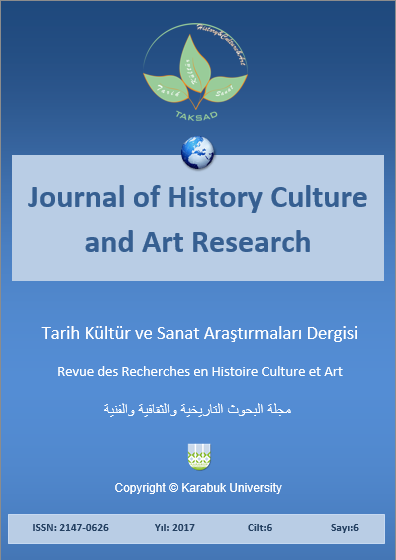Non-Native & Native English Teachers
DOI:
https://doi.org/10.7596/taksad.v6i6.573Keywords:
Native language, English, Learning, Teaching.Abstract
In many countries the primary (mother tongue) language is not English but there is a great demand for English language teachers all over the world. The demand in this field is try to be filled largely by non-native English speaking teachers who have learned English in the country or abroad, or from another non native English peaking teachers. In some countries, particularly those where English speaking is a a sign of status, the students prefer to learn English from a native English speaker. The perception is that a non-native English speaking teacher is a less authentic teacher than a native English speaker and their instruction is not satifactory in some ways. This paper will try to examine the literature to explore whether there is a difference in instructional effectiveness between NNESTs and native English teachers.
References
Becker, L. A. (2011). Noncredit to Credit Transitioning Matters for Adult ESL Learners in a California Community College. New Directions for Community Colleges, 2011(155), 15-26.
Chao, X. & Mantero, M. (2014). Church-Based ESL Adult Programs Social Mediators for Empowering “Family Literacy Ecology of Communities”. Journal of Literacy Research, 46(1), 90-114.
Gurkan, S. & Yuksel, D. (2012). Evaluating the contributions of native and non-native teachers to an English Language Teaching program. Procedia-Social and Behavioral Sciences, 46, 2951-2958.
Guan, Y. (2015). A Literature Review: Current Issues in Listening Strategy Research and Instruction on ESL Adult Learners. International Journal of Teaching, Education and Language Learning (IJTELL), 2(1), 32-70.
Huang, J.; Tindall, E. & Nisbet, D. (2011). Authentic Activities and Materials for Adult ESL Learners. Journal of Adult Education, 40(1), 1-10.
Ma, F. & Ping, L. (2012). Advantages and disadvantages of native‐and nonnative‐English‐speaking teachers: Student perceptions in Hong Kong. TESOL quarterly, 46(2), 280-305.
Reis, D. S. (2011). Non-native English-speaking teachers (NNESTs) and professional legitimacy: a sociocultural theoretical perspective on identity transformation.
Selvi, A. F. (2011). The non-native speaker teacher. ELT journal, 65(2), 187-189.
Vygotsky, L. S. & Cole, M. (1978). Mind in society: The development of higher psychological processes. Cambridge, MA: Harvard University Press.
Wertsch, J. V. (1985). Vygotsky and the social formation of mind. Cambridge, MA: Harvard University Press.
Walkinshaw, I. & Oanh, D. H. (2014). Native and Non-Native English Language Teachers. SAGE Open, 4(2), 2158244014534451.
Downloads
Published
How to Cite
Issue
Section
License
All papers licensed under Creative Commons 4.0 CC-BY.- Share — copy and redistribute the material in any medium or format
- Adapt — remix, transform, and build upon the material for any purpose, even commercially.
Under the following terms:
Attribution — You must give appropriate credit, provide a link to the license, and indicate if changes were made. You may do so in any reasonable manner, but not in any way that suggests the licensor endorses you or your use.
- No additional restrictions — You may not apply legal terms or technological measures that legally restrict others from doing anything the license permits.







